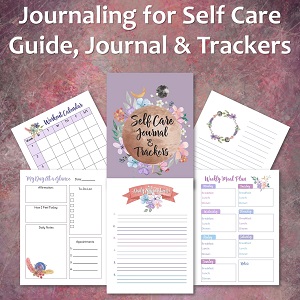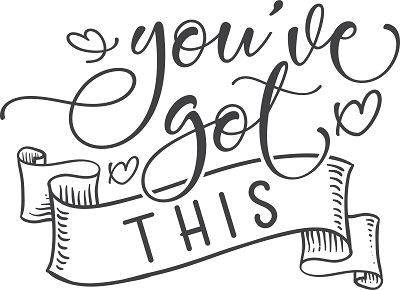 We’ve all been in an uncomfortable situation at least once in our lives. It’s not uncommon to feel anxious about giving speeches or even delivering a toast at a wedding reception.
We’ve all been in an uncomfortable situation at least once in our lives. It’s not uncommon to feel anxious about giving speeches or even delivering a toast at a wedding reception.
Feeling nervous is normal in many social situations, especially if you are required to be at the center of attention.
We muddle through it, as gracefully and tactfully as we can, without much resistance and get over it as quickly as possible. This isn’t the case in people living with social anxiety.
Not only do they experience the emotional responses, but it’s also coupled with sometimes debilitating physical reactions.
Social anxiety is said to affect about 7% of the population at any given time and it’s ranked the third largest mental health diagnosis in the world.
Perception vs. Reality
Those afflicted with social anxiety want to feel comfortable in social situations. They are quite often perceived as being withdrawn, unfriendly, shy, disinterested and even unapproachable.
They like to remain inconspicuous, so much so that people sometimes don’t even notice them as they try to make themselves invisible.
Oddly enough, many people with social anxiety would love to be engaged in social interactions and appear ‘normal’. However, their social anxiety wins over their mind and body, their emotional and physical states, and simply prevents this from occurring.
Most of their behavioral symptoms are based on irrational thoughts and fears. There is constant, and in their mind, believable angst about looking foolish, saying the wrong thing, or worry about being embarrassed or humiliated.
They try to avoid situations that might trigger their symptoms. They feel as though everyone can see right through them. Worst-case scenario, their thoughts creep up and become unrelenting.
The Physical Symptoms
Social anxiety is riddled with physiological symptoms manifested from emotional triggers. Some are noticeable, and some are quite hidden.
Let’s look at some of the physical symptoms:
- Increased heart rate and pulse
- Trembling hands
- Unsteady gait
- Dizziness or lightheadedness
- Difficulty breathing
- Muscle tension
- Sweating in places that don’t normally sweat, or profuse sweating
- Queasy/uneasy stomach
- Inability to focus
- Muscle tightness/tension
- Dry mouth
- Blushing and flushing
- Hives
These are just the most common. Some of the more serious physical symptoms of social anxiety include:
- Nausea and vomiting
- Constipation
- Diarrhea
- Tension headaches
- Migraines with or without an aura
- Gritting/grinding/clenching teeth
- Numbness and tingling of the fingers and toes
- Inability to grab and hold onto something
- Syncope (passing out)
Basically, their whole body could turn against them. In looking at the list it’s hard to imagine anyone with social anxiety would even entertain the idea of coming anywhere near a trigger, and for a lot of people, they don’t. They try to be as out of sight as possible and slink behind the curtains, but again, this isn’t by choice.
Here’s an example: Sally would love to go out to a nightclub and sing karaoke with a bunch of friends, laugh and have a great time. She dreams about it. However, her irrational emotional fears tell her the audience will heckle her and throw their drinks in her face because her voice is horrible.
Of course, the likelihood of this actually happening is next to none, but Sally doesn’t feel that way. It’s very real to her. She doesn’t even have to step foot in the nightclub to feel physical symptoms; just the thought of going makes her queasy and she starts sweating.
If she somehow got the nerve to go, she would probably want to throw up right before she went on stage and develop paresthesias in her hands making it impossible for her to even hold the microphone.
While social anxiety is classified as a mental health diagnosis, we cannot simply limit it to being “all in the head”. Living with social anxiety is exhausting. It affects all aspects of life and can interfere with work, relationships, school, hobbies, etc.
Social anxiety is chronic, but not the end of the world. There are several approaches for treatment, such as vitamins and nutrition, hypnosis, meditation, psychotherapy, and even medication. With proper treatment, people with social anxiety can live happy, healthy and yes, even social lives.




